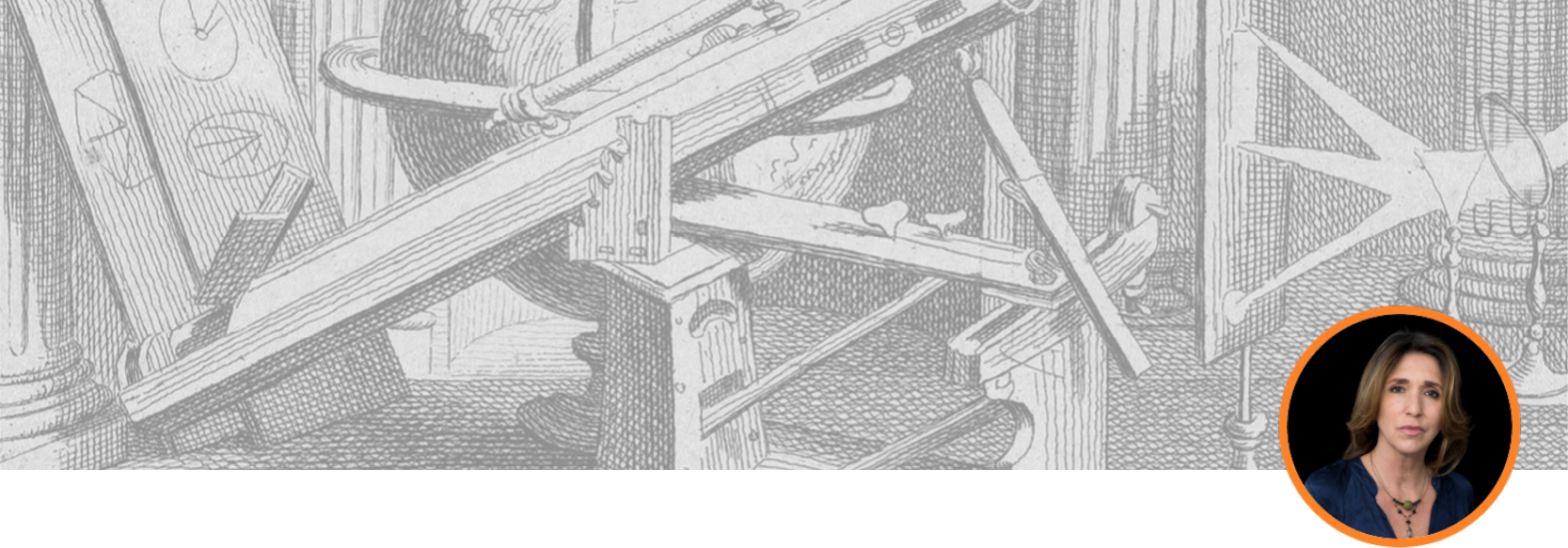Accueil > Recherche > Equipes > NORMES EPISTEMIQUES > NORMES ÉPISTEMIQUES
NORMES ÉPISTEMIQUES
 MEMBRES DE L’ÉQUIPE | PROJETS | PUBLICATIONS RECENTES
MEMBRES DE L’ÉQUIPE | PROJETS | PUBLICATIONS RECENTES
Cheffe d’équipe : Gloria Origgi
Les membres de l’équipe étudient la connaissance et les normes épistémiques par le biais des sciences cognitives et de l’épistémologie sociale.
Parmi les sujets d’étude : la nature de la connaissance et ses propriété, la dimension sociale de la connaissance, la méta-cognition et l’introspection épistémique, le rôle de l’argumentation et de la rhétorique dans la formation des croyances collectives ; l’autorité épistémique, la réputation, le contrôle de la légitimité des sources d’information et l’épistémologie politique, c’est-à-dire comment le savoir influence la décision politique et comment il est influencé par les institutions politiques. L’équipe étudie aussi les émotions sociales et leur impact sur le savoir.
L’équipe a hébergé le projet ERC de Joëlle Proust Dividnorm (2012-2016) et a été impliqué dans le ALLEA Working Groupd on Truth, Trust and Expertise (2018-2019). L’équipe a reçu un financement européen en 2020 pour le projet PeriTia.
Membres statutaires
- Gloria Origgi (DR, IJN)
- Joelle Proust (DR, Fondation Pierre-Gilles de Gennes pour la Recherche)
- Alban Bouvier (Professeur, Aix en Provence)
Membres associés
- Raphaël Künstler (Université d’Aix-Marseille)
- Adelaïde de Lastic
- Noga Arikha
- Elena Pasquinelli
PhD Students
- Micol Bez (G. Origgi)
- Amelia Godber (G. Origgi)
- Guilhem Corot (G. Origgi)
- Amaranta López (G. Origgi)
- URIBE Daniel
- DEROBERT Alice (G. Origgi)
Jeunes docteur·e·s
- Helena-Kristin Hachmann (A. Bouvier)
- Serena Ciranna (G. Origgi)
Masters
- ERC Project Dividnorm (2012-2016), Joelle Proust
- Défi GENRE 2015, Projet GENIA (Genre et Inteligence Artificielle), Gloria Origgi.
- Projet PeriTia (2020-2023) Policy, Expertise and Trust in Action, Horizon 2020.
- Gloria Origgi 2022, Caccia alla verità. Persuasione e propaganda ai tempi del virus e della guerra, EGEA
- T. Y. Branch and Gloria Origgi, 2022, Social Indicators of Trust in the Age of Informational Chaos, Social Epistemology
- Branch T. Y., Origgi G., and Morisseau T., 2022, Why Trust Raoult ? How Social Indicators Inform the Reputations of Experts. Social Epistemology
- Morisseau T., Branch TY. and Origgi G., 2021 Stakes of Knowing the Truth : A Motivational Perspective on the Popularity of a Controversial Scientific Theory. Front. Psychol. 12:708751.
- Gloria Origgi 2021, Chapitre "L’épreuve de l’humiliation", dans le volume de Pierre Rosanvallon "Les épreuves de la vie", Seuil.
- Origgi, G. (2019) Passions sociales, PUF
- Origgi, G. (2018) Reputation. What it is and Why it matters, Princeton University Press
- Montuschi, E., Bouvier, A., Bohman, J., Kaldis, B., Risjord, M., Roth, P., Turner, St., Wylie, A., Zahle, J., Zamora, J. (2014), special issue of Philosophy of the Social Sciences (Venice ENPOSS/Roundtable Conference), March 2014
- Proust, J. (2014), Time and action : impulsivity, habit, strategy. In The Review of Philosophy and Psychology,
- Proust, J. (2014). Précis of Philosophy of Metacognition. Philosophy and Phenomenological Research, 89, 3, 703-709.
- Bouvier, A. (2014) "Quelle est la nature du lien social ? La philosophie sociale de Vincent Descombes", Igitur.
- Bouvier, A. (2013) "Argumentation" in Encyclopedia of Philosophy and the Social Sciences, Sage Publications.
- Bouvier, A. (2013) "Contemporary French Philosophy and the Social Sciences" in Encyclopedia of Philosophy and the Social Sciences, Sage Publications
- Proust, J. (2013) The Philosophy of Metacognition : Mental Agency and Self-awareness. Oxford : Oxford University Press.
- Origgi, G. (2012) "Epistemic Injustice and Epistemic Trust", Social Epistemology, 26, 2, p. 221-236
- Origgi, G. (2012) "A Social Epistemology of Reputation", Social Epistemology, 26.




